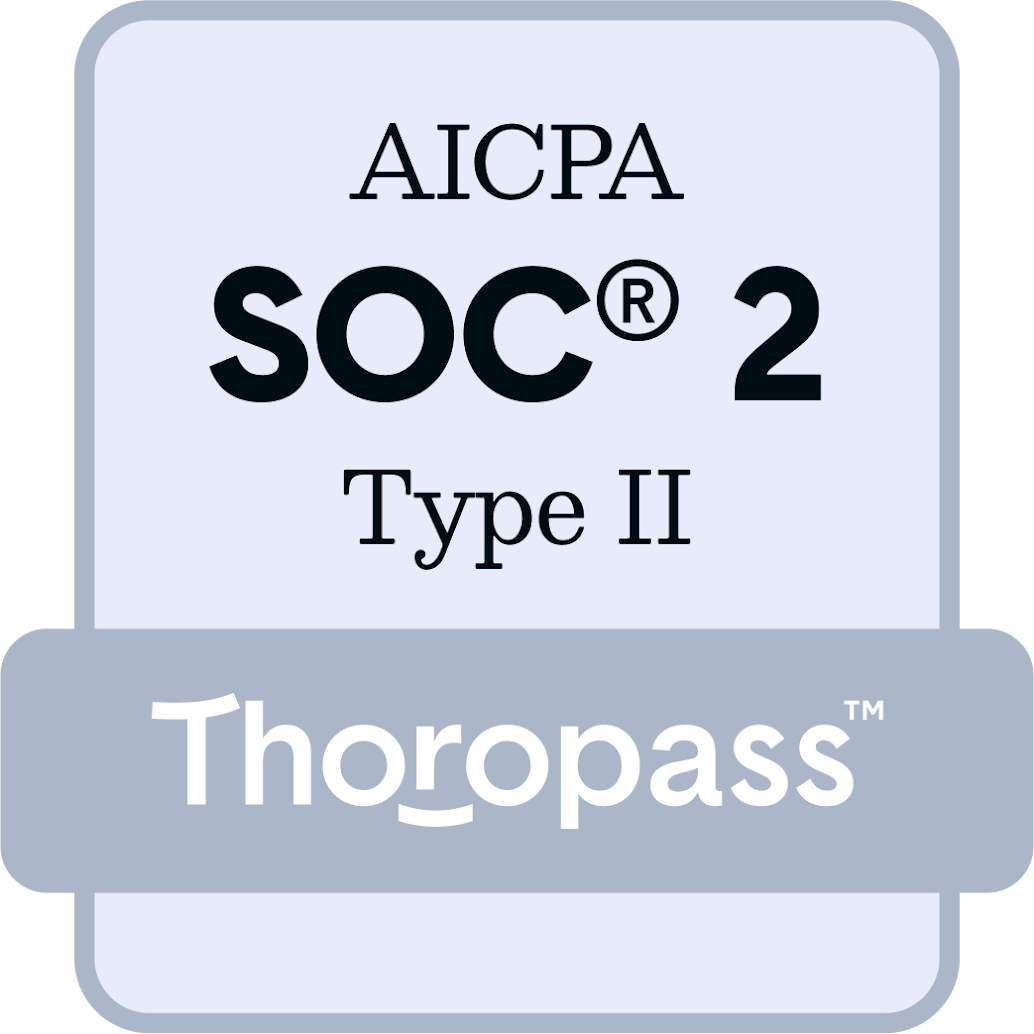Listening to Shareholder Feedback in the Age of Pay for Performance
November 3, 2021
Brendan Cullen

With the increased focus on pay for performance in recent years, especially following the passing of the Dodd Frank Act in 2010, companies now more than ever must be proactive in constructing balanced executive compensation plans. The introduction of Say on Pay offered shareholders an opportunity to be heard in the debate surrounding compensation, and investors have embraced that role. Given the increased scrutiny on executive compensation, along with the disruptive influence of the COVID-19 pandemic, optimizing pay for performance should be at the top of every compensation committee member’s mind.
Sarah Relich, Director of Investment Stewardship at Vanguard, sat down with Equilar during a recent webinar to discuss key tactics and considerations for companies as they align executive pay with performance. As an expert on pay for performance and effective shareholder communication, Relich offered a plethora of useful insights for companies looking to improve their executive compensation plans.
Through September 2021, 3.1% of Russell 3000 companies received a negative Say on Pay vote (less than 50% support). That is up from just 1.5% of companies in 2017 and 2.2% last year in 2020. There is no one-size-fits-all explanation for why companies fail Say on Pay, but in general, higher CEO compensation is correlated with lower Say on Pay approval. Russell 3000 Companies with less than 50% Say on Pay support in 2021 had a median CEO pay of $17 million. Companies with over 90% approval had a median CEO pay of $5.2 million. While there are many factors at play in Say on Pay decisions, exorbitant chief executive pay can potentially be detrimental to a company’s approval rate.
“Our general philosophy when it comes to executive compensation is that we look for boards to be attentive both through their process and in their outcomes to create an incentive structure that’s going to support long-term value creation for shareholders,” said Relich.
Companies must be transparent before, during and after the pay plan development process. Being proactive, listening to shareholder feedback and relaying information back to investors is key. Simply the quality of a company’s disclosure in the proxy statement is one of several fundamental features Vanguard evaluates in their assessment of pay plans. Any thoughtful, detailed executive compensation plan must be developed with shareholder feedback in mind and its objectives must be clearly and transparently communicated to investors. Similarly, Relich emphasized the importance of companies avoiding complacency and owning the outcomes of their Say on Pay vote. “At times, pay for performance can be a happy accident and just because Vanguard votes in favor of a plan in a given year doesn’t mean that we don’t have feedback to provide.”
Given the increasingly complex nature of the pay for performance landscape, companies require the right tools and resources to make sound decisions. Equilar’s advanced suite of Pay for Performance tools offer companies an exhaustive look at their pay for performance situation. The Equilar P4P Score and the CalPERS P4P Scorecard provide companies a variety of angles from which to measure pay and performance alignment relative to a chosen peer group. On top of that, the ISS and Glass Lewis simulators provide valuable feedback and insight into potential shareholder issues. Having access to as much quality data as possible is vital for companies as they navigate pay for performance.
Clear and honest communication while developing compensation plans is key. Companies must be thoughtful while developing their plans, taking into consideration previous years’ feedback from shareholders. How a company responds to a failed, or sub-par, Say on Pay vote is indicative of their willingness to be flexible to shareholder needs. In the last 10 years, shareholders have gained a decisive voice in the conversation surrounding executive pay, and investors like Vanguard expect companies to listen.
Contact

Brendan Cullen
Senior Research Analyst at Equilar
Brendan Cullen, Senior Research Analyst at Equilar, authored this post. Please contact Amit Batish, Director, Content & Communications, at abatish@equilar.com for more information on Equilar research and data analysis.
 Solutions
Solutions












